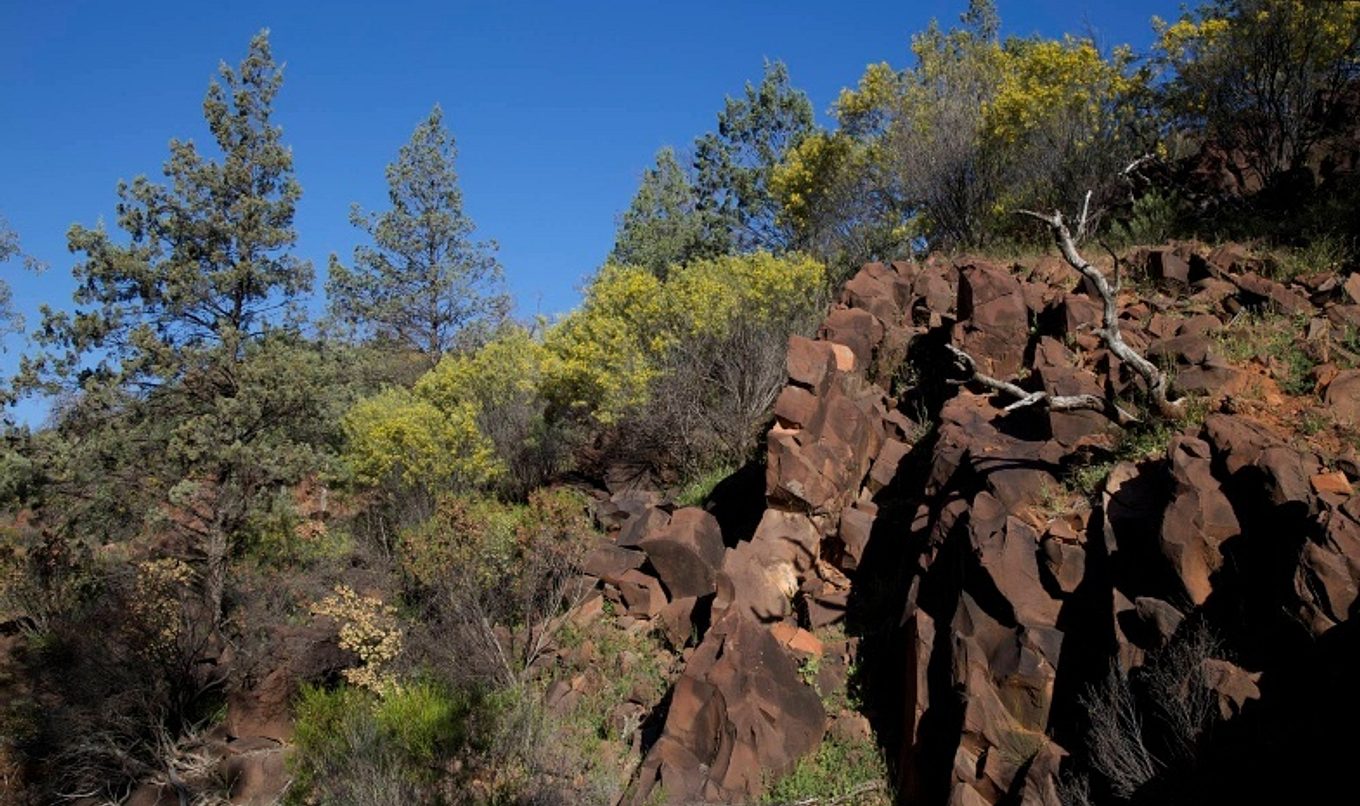Changes to access at Ikara-Flinders Ranges National Park
Access to the Sacred Canyon site within the Ikara-Flinders Ranges National Park will change as part of a number of new measures aimed at fostering stronger ties between the local Adnyamathanha people and park visitors.

From 1 April 2020 access to Sacred Canyon will only be available to visitors on guided tours led by Adnyamathanha people.
This measure will provide site visitors with a much richer cultural experience with the engravings, landscape and culture interpreted by the traditional owners.
Ikara-Flinders National Park will also undergo a $1 million upgrade as part of the State Government’s Parks 2025 initiative to boost eco-tourism in South Australia.
Stuart Paul from the National Parks and Wildlife Service said having visitor access managed by Adnyamathanha guides will help to protect Sacred Canyon and preserve the canyon sandstone walls and engravings.
“The changes mean access to Sacred Canyon for independent visitors or commercial tour operators without Adnyamathanha guides will no longer occur,” Mr Paul said.
“Sacred Canyon is an area of great cultural significance to the Adnyamathanha people and is part of our national heritage, containing some of the oldest rock engravings in the world.
“It’s essential we preserve these ancient engravings so the Adnyamathanha people and future South Australians can continue to learn about our cultural heritage.
“Under the State Government’s recently announced Parks 2025 initiative, Ikara-Flinders Ranges National Park will undergo a $1 million upgrade to improve visitor infrastructure and experiences in partnership with traditional owners.”
In further changes, a Traditional Use Zone will be established within the Park to ensure the Adnyamathanha people can hunt and gather in a protected area where the general public will not be permitted.
The Traditional Use Zone, to be effective from 1 April 2020, is located on the north east section of the park on the Pantapinna Plain, off Wilkawillina Road.
The zone will be split into two areas – one that permits the safe use of firearms by Adnyamathanha people, and a second hunting, gathering and camping zone where firearms will not be permitted.
“The use of Traditional Use Zones is a common practice to enable First Nations people to hunt and gather,” Mr Paul said.
“Other National Parks in South Australia with similar zones include Vulkathunha-Gammon Ranges National Park, Malkumba-Coongie Lakes National Park and Innamincka Regional Reserve.
“The Traditional Use Zone will be fenced and signed and visitors accessing the Wilkawillina Gorge hike and the Flinders Ranges by Bike trails will need to leave the designated area by 3:00pm each day.”
Adnyamathanha Traditional Land Association Chairperson Vince Coulthard said the ATLA welcomes the protection being offered to Sacred Canyon which is a very special place for Adnyamathanha people.
“For too long Sacred Canyon has been vandalised due to the open access that has been available,” Mr Coulthard said.
“The traditional hunting zone is also an important step forward that recognises our continued connection to our Yarta and that we continue to keep our cultural practices strong.
“It is great that the National Parks and Wildlife Service has acknowledged our Native Title rights in this way.”
A new campground and toilet facility along Wilcolo Track will replace the Cooinda campsite inside Wilpena Pound.
The new campground will provide a picturesque camping option for park visitors on the Heysen Trail, Mawson Trail and Flinders Ranges by Bike Trail, as well as providing school groups with an alternative site for remote camping experiences.

